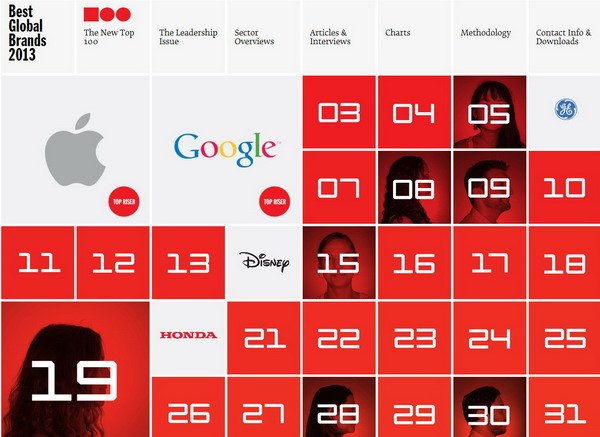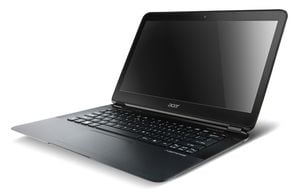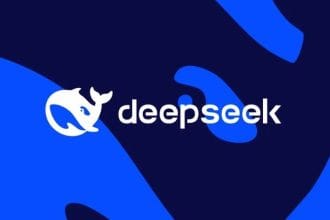Nvidia has revealed the GR00T (Generalist Robot 00 Technology) software platform for humanoid robots. This AI system enables robots to comprehend human language and replicate human motions.

GR00T was unveiled at Nvidia’s GTC event in San Jose.
This computer model empowers manufacturers to develop robots capable of interacting with humans and navigating real-world settings. Nvidia CEO Jensen Huang remarked, “ChatGPT for robots may not be far off.”
GR00T enables companies to utilize pre-programmed commands for their robots. The model accepts text and video inputs, allowing it to learn from video clips depicting human movements and reproduce them in a virtual simulation.

The training will be conducted using the Isaac Lab application on the Isaac Sim platform, which is specifically tailored for robots. This application optimizes learning through reinforcement, imitation, and transfer techniques and can effectively train various types of robot variants.
The process leverages OSMO, a cloud-based workflow orchestration platform that facilitates seamless workload scaling across distributed environments, from on-premises setups to clusters. OSMO coordinates training and inference tasks across DGX for training, OVX for simulation, and IGX and AGX for hardware.

Previously, OpenAI, which trains its AI models on Nvidia GPUs, and startup Fig demonstrated how a humanoid robot can engage in full communication with humans through integration with ChatGPT.
Nvidia has additionally created the Jetson Thor, a system-on-a-chip capable of running the GR00T and various other computer models tailored for humanoid robots. The Jetson Thor will include a graphics processor built on the Blackwell architecture.
Nvidia highlighted that it is already constructing artificial intelligence platforms for top robotics firms such as Boston Dynamics, Fig, and Agility Robotics.
In the meantime, the Open Source Robotics Foundation has introduced the Open Source Robotics Alliance (OSRA), which aims to enhance the governance of open-source robotics software projects and guarantee the interoperability of robot operating systems. Nvidia has joined OSRA, alongside Intrinsic, Qualcomm, Apex, Clearpath Robotics, Ekumen, eProsima, PickNik, Silicon Valley Robotics, and Zettascale.








